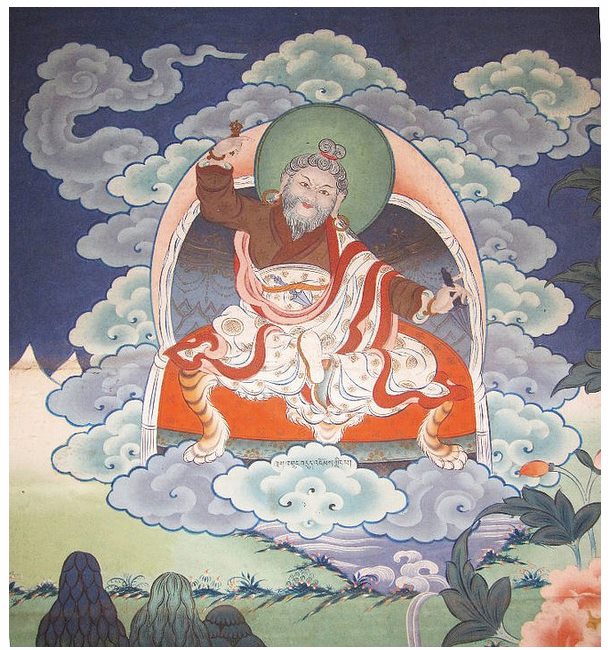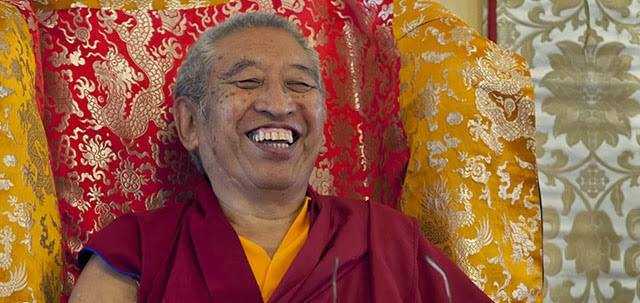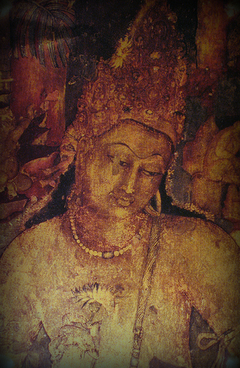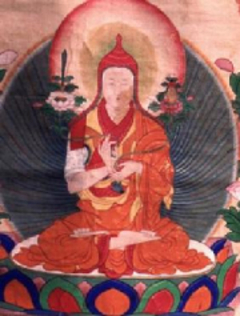
Jamgön Kongtrul Lodrö Thaye: The method for having such things arise in your mindstream
Advice Given To Lhawang Tashi by Jamgön Kongtrul Lodrö Thaye

Jamgön Kongtrul Lodrö Thaye: The method for having such things arise in your mindstream
I take refuge in Padmasambhava.
O Kagyü gurus, please grant your blessings!
Please turn the minds of faithful ones towards the dharma;
May we embrace the path of liberation beyond return!
Atisha, the protector of the snowland, said:
“Among many, examine your speech;
When you stay alone, examine your mind.”
Briefly he taught these two points.
The mind is the root of faults
And the mouth is the gateway for these faults to emerge.
Thus, always watch over both.
All of saṃsāra and nirvāṇa are your own mind;
They don’t arise from anything else in the slightest.
Everything, such as joy and suffering, good and bad,
High and low, are the conceptual constructs of mind. Continue reading
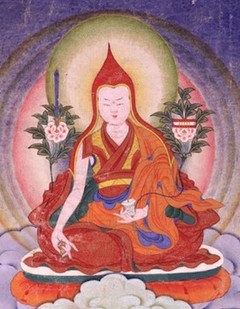
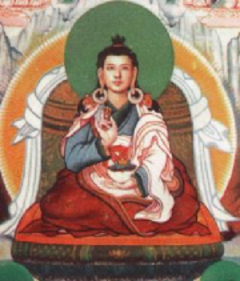
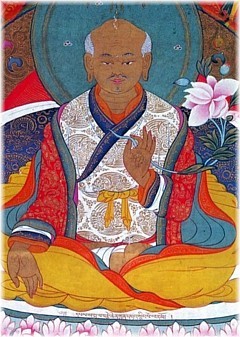
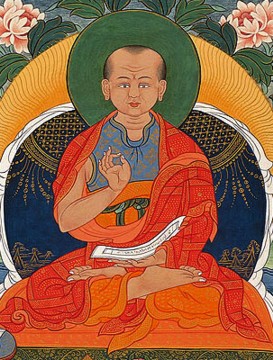
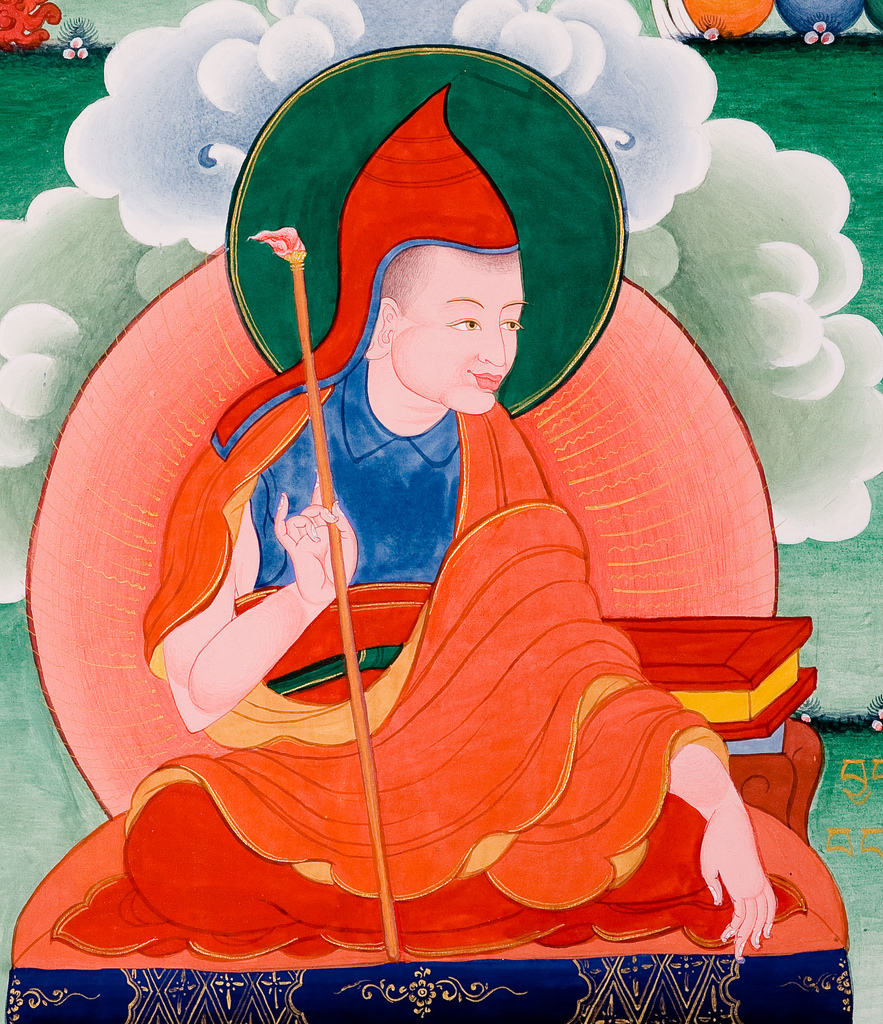
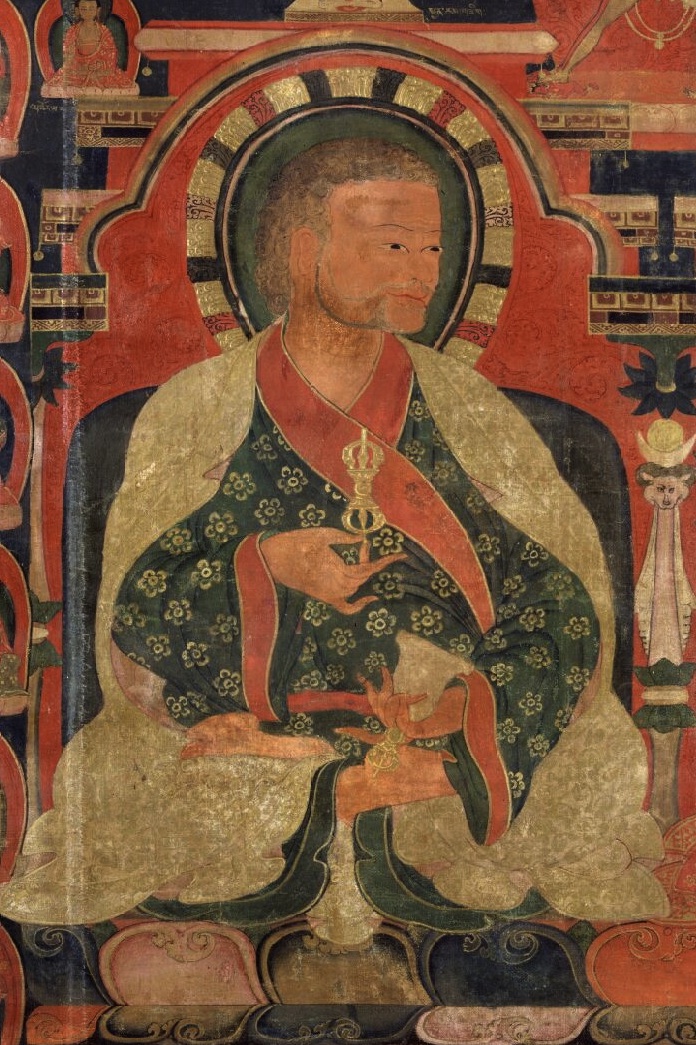
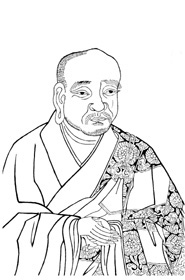
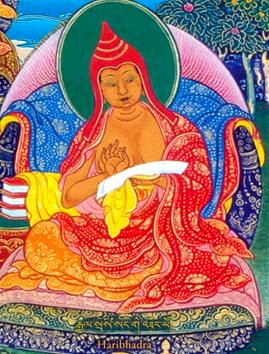
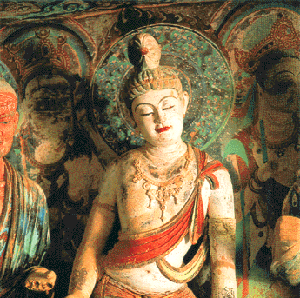
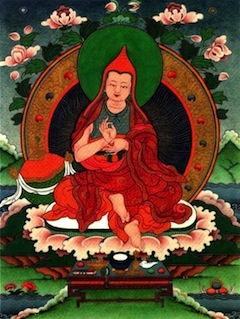
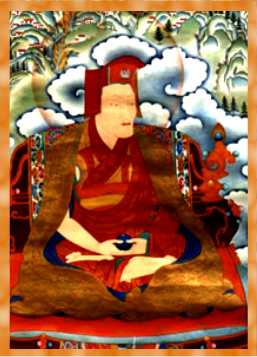
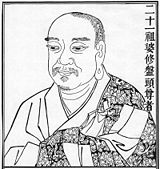
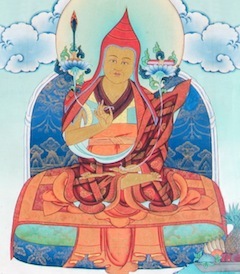
 Chandrakīrti: Introduction to the Middle Way,
Chandrakīrti: Introduction to the Middle Way, 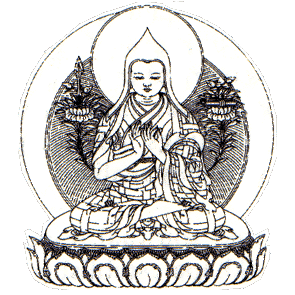 The Essential Advice of the Kadam Scriptures: A Fine Vase of Nectar
The Essential Advice of the Kadam Scriptures: A Fine Vase of Nectar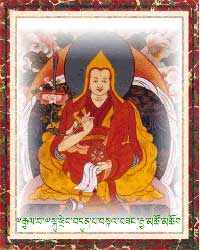
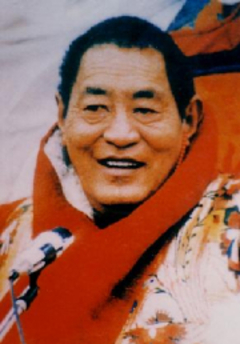
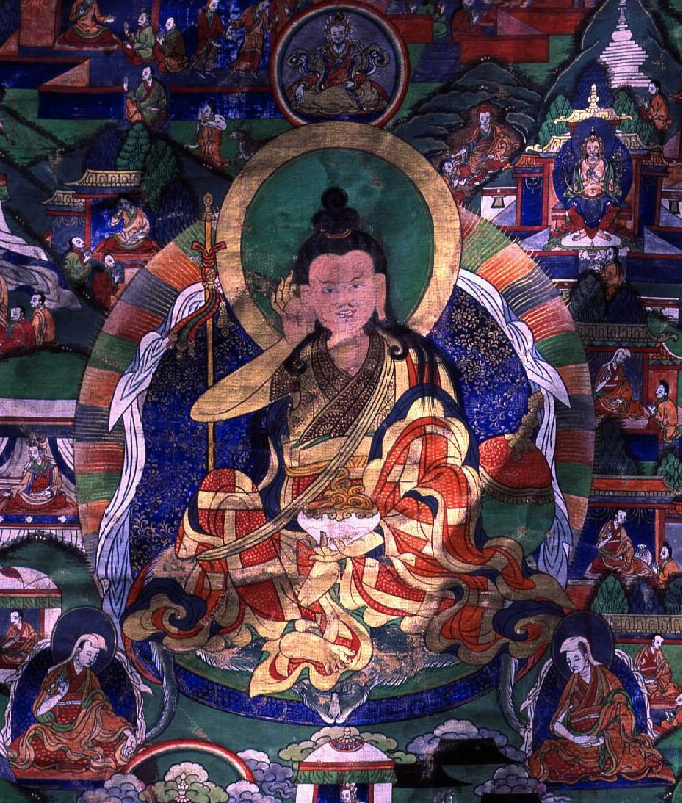
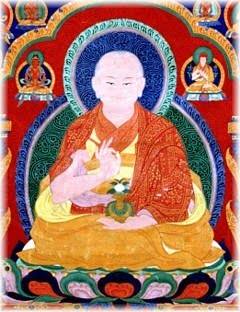
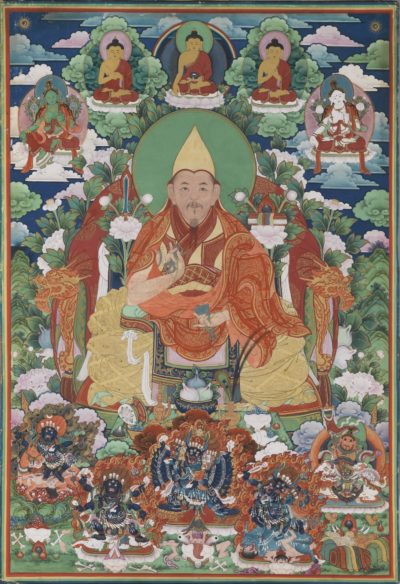
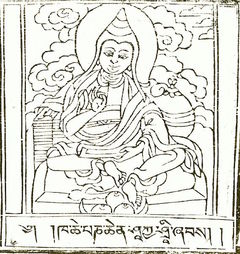
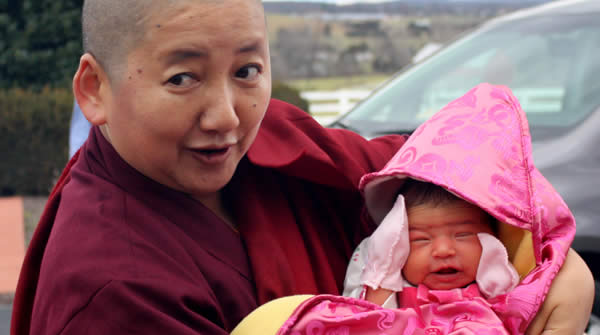

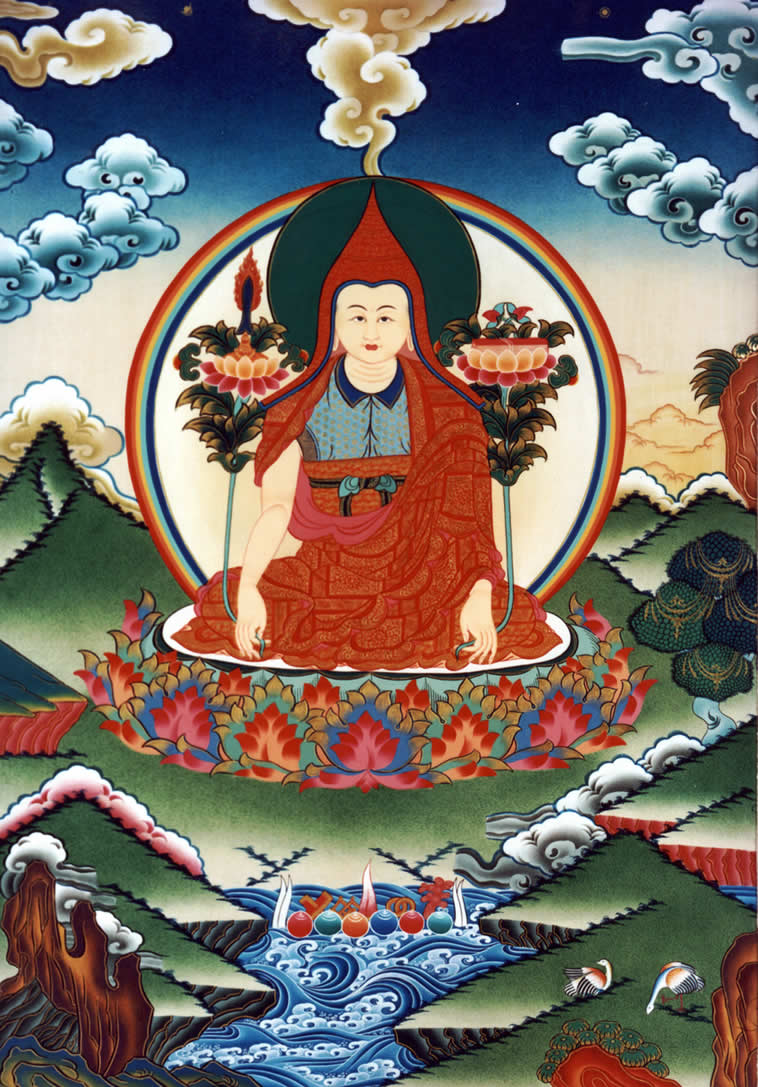
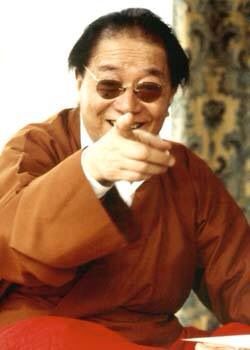
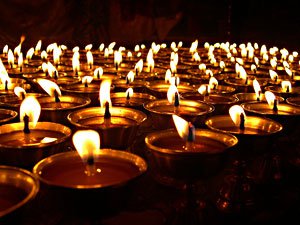 The Garland of Jewel Ornaments:
The Garland of Jewel Ornaments: